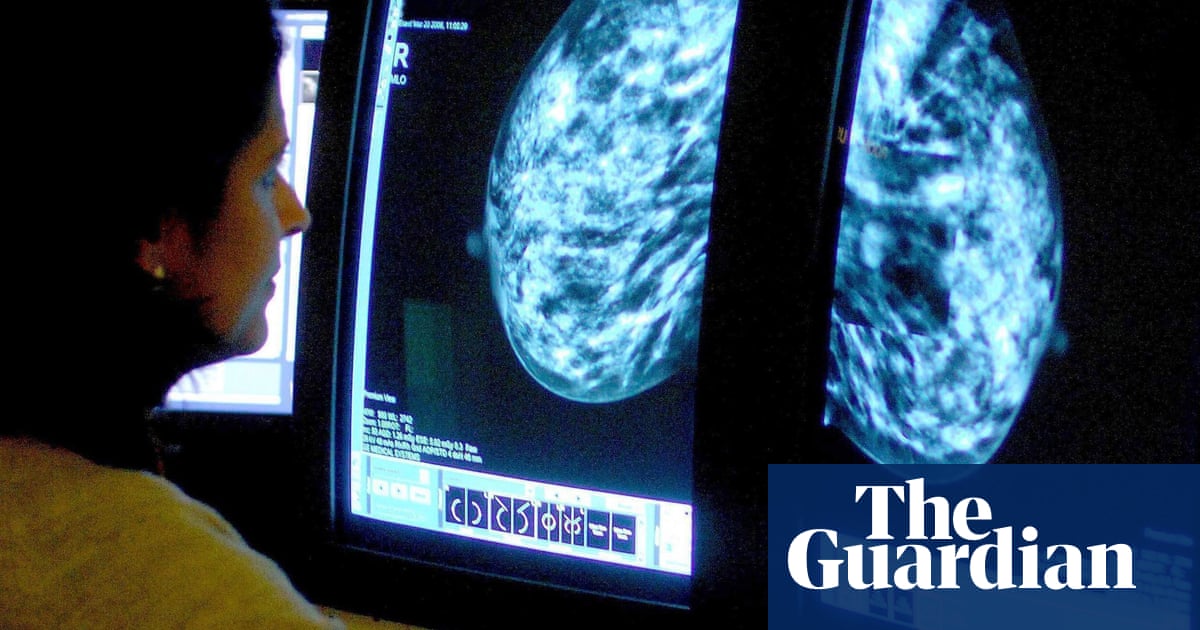
Thomas Yankeelov, from University of Texas at Austin, describes the current state of cancer research as data-rich, but lacking governing laws and models.
Yankeelov, director of the Center for Computational Oncology at the University of Texas, believes that the solution is not to mine large quantities of patient data, but to uncover the fundamental formulas that represent how cancer, in its many varied forms, behaves.
According to the Scientist Daily website, he said: “Were trying to build models that describe how tumors grow and respond to therapy.”
The center has developed complex computer models and analytic tools to predict how cancer will progress in a specific individual, based on their unique biological characteristics.
To develop and implement their mathematically complex models, the group uses the advanced computing resources at the Texas Advanced Computing Center (TACC).
TACCs supercomputers enable researchers to solve bigger problems than they otherwise could and reach solutions far faster than with a single computer or campus cluster.
Thanks to the new technology, researchers have been able to predict the final volume of cancer growth in mice during laboratory experiments.
The research team said they were able to gather information from mice and patients involved in the trial to accurately predict cancer growth rates and respond to various chemotherapy and radiotherapy treatments.











